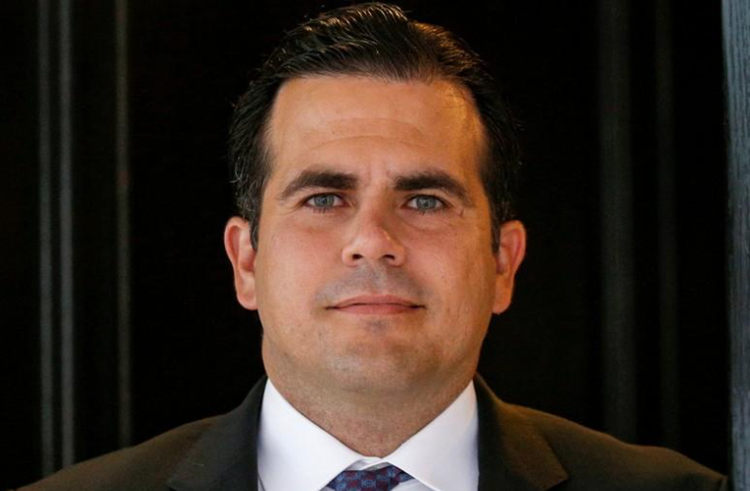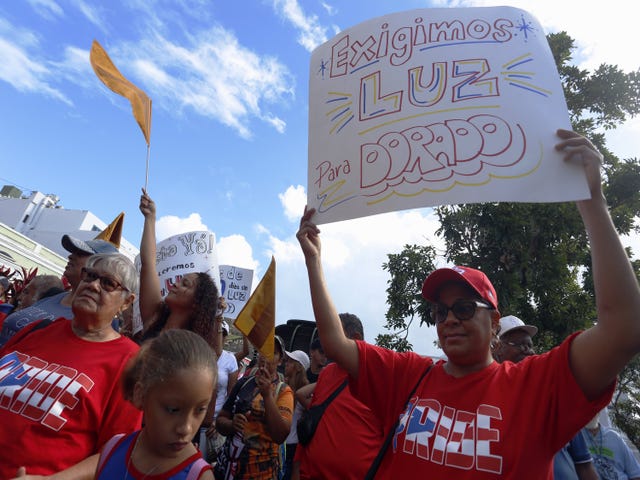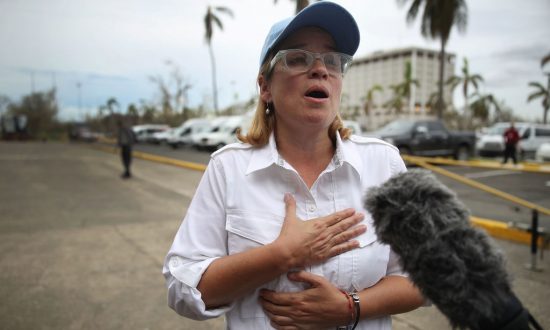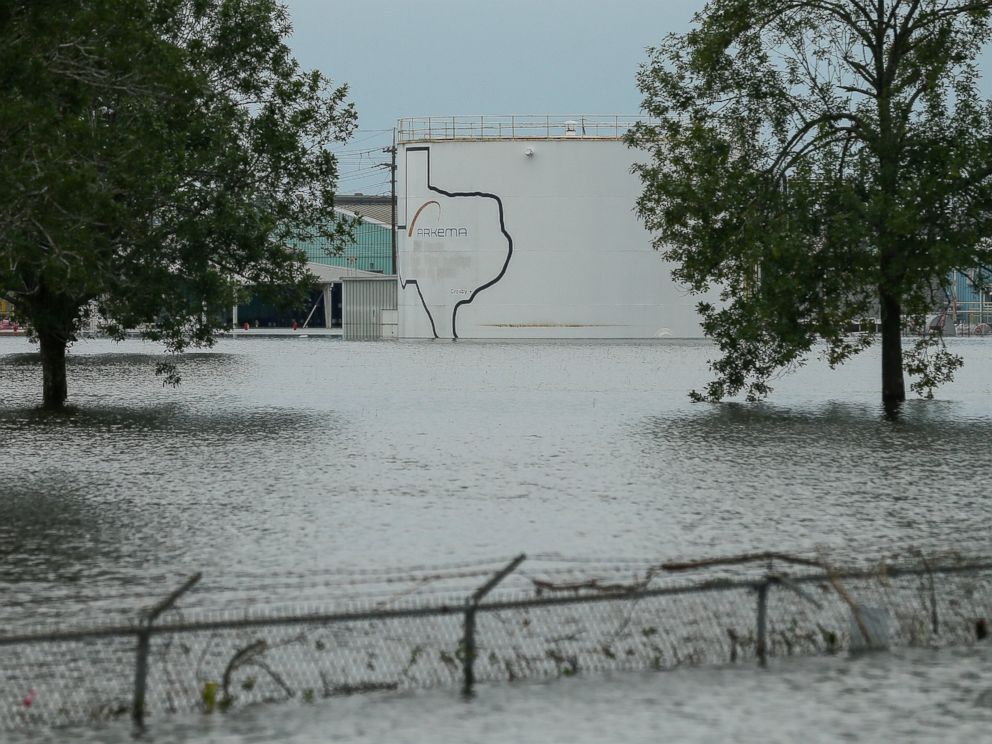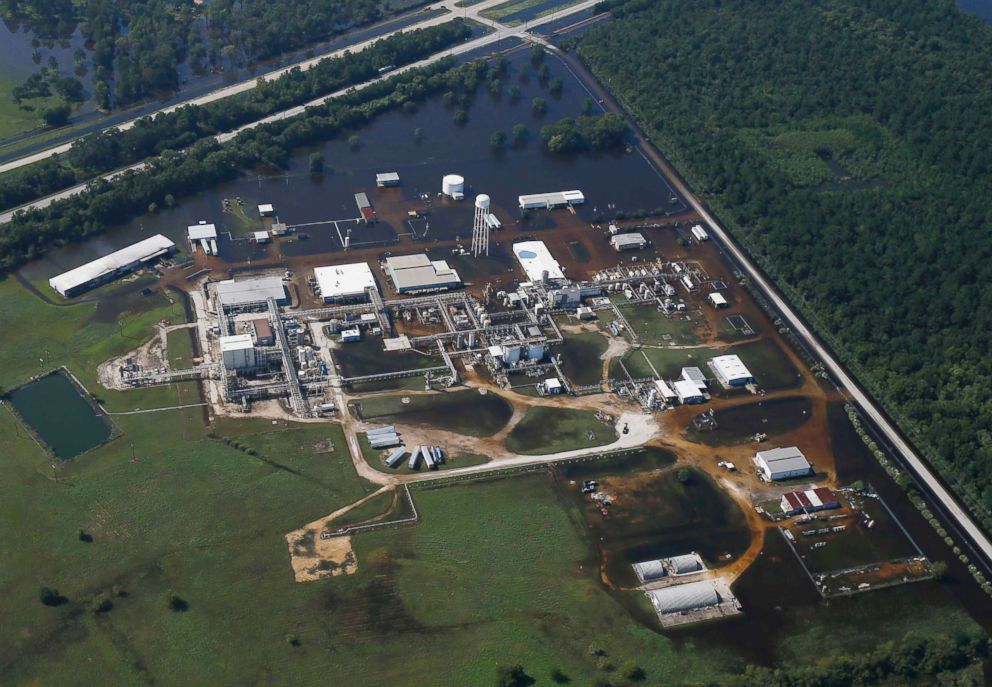- Joined
- Dec 6, 2010
- Messages
- 33,422
- Reaction score
- 5,683
Murders in Puerto Rico Surge as Hurricane Maria Recovery Continues
By Danica Coto / AP | January 11, 2018

A forensic worker photographs a crime scene where a man was found fatally shot, in San Juan, Puerto Rico, .
Thirty-two people have been slain in Puerto Rico in the first 11 days of the year, double the number killed over the same period in 2017.
By Danica Coto / AP | January 11, 2018

A forensic worker photographs a crime scene where a man was found fatally shot, in San Juan, Puerto Rico, .
Thirty-two people have been slain in Puerto Rico in the first 11 days of the year, double the number killed over the same period in 2017.
Before the sun rose on the first day of 2018, someone called 911 to report the charred, bullet-riddled body of a man with a snake-like tattoo on his left hand, lying beside a road in the Puerto Rican town of Vega Baja.
The next day, two men were found dead with their feet and hands bound in Bayamon, a working-class city southwest of the capital. Another man was shot to death before dawn in nearby Vega Baja while trying to stop thieves from stealing his generator.
Thirty-two people have been slain in Puerto Rico in the first 11 days of the year, double the number killed over the same period in 2017. If the surge proves to be more than just a temporary blip, January could be the most homicidal month on the island in at least two years, adding a dangerous new element to the island’s recovery from Hurricane Maria, its worst disaster in decades.
While the number of homicides did not immediately spike in the weeks after the hurricane struck on Sept. 20, police and independent experts say many killings appear at least partly related to its aftereffects.
The storm has plunged much of the island into darkness, increased economic hardship and contributed to a sickout by police, all fueling lawlessness. What’s more, officials say a turf war has broken out among drug gangs looking to grab territory after the storm’s disruption.
“Hurricanes affect everyone, including criminals,” said criminologist Jose Raul Cepeda.
Already bankrupt, the island’s overwhelmed government has fallen behind with millions of dollars in overtime payments owed to police officers, who have begun calling in sick in big numbers to protest. The sickout has taken about 2,000 police off the street each day in a territory that has 13,600 officers. It has forced more than a dozen police stations to close for several hours to a couple of days during the holiday period because of a lack of officers. No arrests have been made in the 32 killings this year.
Maria, which hit as a Category 4 storm, destroyed much of the island’s electrical grid. For those police on duty, the streets are darker and more dangerous because power has been restored to only 60 percent of customers in the U.S. territory. Drug gangs are fighting to re-establish territory they lost in the disruption from Maria, which pushed thousands from their homes and left entire neighborhoods uninhabitable for weeks.
Police Chief Michelle Hernandez resigned Monday after only a year on the job, and local and federal authorities are rushing from meeting to meeting to debate how to best protect 3.3 million Puerto Ricans, especially those still living in the dark.
“This has been devastating,” said Ramon Santiago, a retiree who lives less than a block from where three bodies were discovered Sunday near a basketball court. “You can’t sleep peacefully in so much darkness.”
Puerto Rico’s homicide rate is roughly 20 killings per 100,000 residents, compared with 3.7 per 100,000 residents on the U.S. mainland. In the last two years, Puerto Rico has seen an average of 56 homicides a month, a rate that held through December. Then after New Year’s, the killings started accelerating.
A man was shot Jan. 3 by a security guard while trying to rob a bakery. Two double homicides were reported Jan. 8 — two men found shot to death in a car near an upscale resort on the north coast and two other men discovered sprawled on the street near a public housing complex on the west coast. Five killings alone were reported Monday, in addition to three people wounded by gunfire during a shootout that night in the parking lot of a strip mall in Bayamon. This week, police say, the son of a former judge was killed after trying to write down the license plate number of a car whose occupants were firing a gun.
“The lack of police is increasing Puerto Rico’s safety issues,” said legislator Denis Marquez, who was mugged at gunpoint last month. “Everybody is feeling that insecurity.”
Besides policing and getting the lights back on, he said, the government needs to address long-standing issues such as social inequality on an island with a 10 percent unemployment rate, where nearly 45 percent of its inhabitants lived in poverty before the hurricane.
More immediately, the post-storm conditions have fueled a deadly struggle over drug gang territory, said Fernando Soler, vice president of a police officers’ advocacy group.
“There’s a war over the control for drugs,” he told The Associated Press. “They are taking advantage of all the situations occurring in Puerto Rico. There’s no power and they believe there’s a lack of police officers. … Criminals are taking care of business that was pending before the hurricane.”
Inspector Elexis Torres heads a unit that is investigating eight homicides in a jurisdiction that includes the working-class city of Carolina near Puerto Rico’s north coast, bordering the island’s main airport.
One of Puerto Rico’s largest cities with nearly 160,000 people, Carolina had the triple homicide reported Sunday; a motel employee and a friend were found slain Tuesday in neighboring Trujillo Alto. Like nearly all the killings this year, they involve men in their 20s who were shot to death. Torres said he suspects both cases are drug related.
He worries the number of killings will only increase as criminal gangs enter into cycles of revenge.
“Those victims likely belonged to some organization,” Torres said of the triple homicide. “This can have consequences.”
Cepeda, the criminologist, said drug traffickers have been entering rival territories to increase sales and recover losses after the storm disrupted their business.
Hurricane Maria caused an estimated $95 billion in damage, with 30,000-plus jobs lost in an economy that was already struggling from an 11-year-old recession.
The last time Puerto Rico saw a spike in violent crime was in 2011, when a record 1,136 killings were reported on an island of nearly 4 million people. Puerto Rico had seen a drop in killings, to 700 in 2016 and 679 last year.
Hector Pesquera, secretary of the newly created Department of Public Safety, met this week with top police officials and federal authorities.
“We’re in a process of analysis and of committed work to fight criminality in Puerto Rico,” he said.
http://time.com/5099781/puerto-rico-murder-rate-hurricane-maria/


